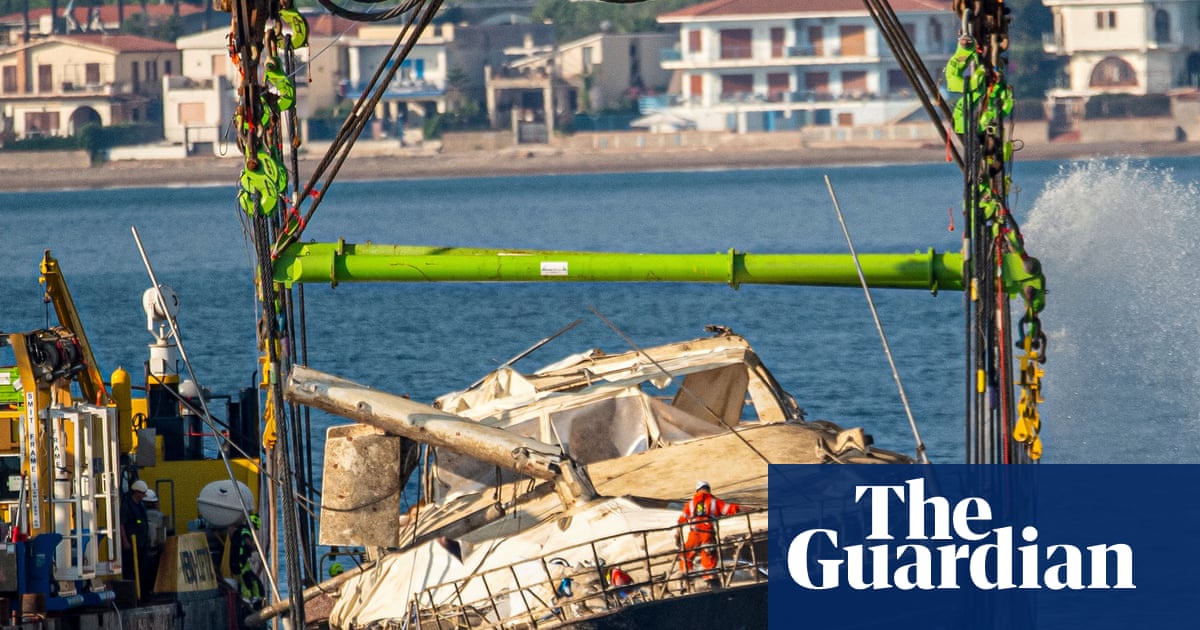For days, residents living on both sides of the volatile border between India and Pakistan, dividing the disputed region of Kashmir, had been bracing themselves for war.
After India accused Pakistan of involvement in a terrorist attack which killed 26 people, and vowed to retaliate with military might, locals knew a confrontation between the two countries could take place at any moment.
In Indian-administered Kashmir, residents living in border villages had been preparing bunkers and stocking up supplies. At around 1am on Wednesday, the whistle of missiles overhead and the shuddering boom of explosions over the border alerted them that Indian strikes on Pakistan had begun.
In the village of Wuyen, located in Pulwama district of southern Indian Kashmir, locals reported that an object, suspected to be an aircraft, had fallen from the sky. Firefighters were immediately sent to extinguish the resulting blaze.
While officials declined to confirm whether it was a military aircraft, witnesses reported hearing a loud explosion around midnight accompanied by the sound of fighter jets overhead.
“It sounded like powerful thunder. When I looked outside, I saw a massive fireball,” recounted one local resident.
Heavy firing between Indian and Pakistan forces quickly began along the de facto border in Kashmir, known as the Line of Control (LoC), killing at least three Indian civilians. Several villages along the Indian side of the LoC in Kupwara, Poonch, and Rajouri districts of Indian Kashmir were hit by mortar fire.
In the Chowkibal area, overnight shelling caused widespread panic, prompting mass evacuations to safer locations.
“Our entire area was thrown into chaos when multiple artillery shells struck,” said Waheed Ahmad, a Chowkibal resident. “Many families fled under cover of darkness, while authorities helped evacuate others. Although the shelling stopped by morning, people remain fearful, and officials have warned against returning home yet.”
Those living along the other side of the border, in Pakistan-administered Kashmir, said India’s strikes came without warning.

In Muzaffarabad, the mountainous capital of Pakistan-administered Kashmir which is which is 32km (20 miles) from the LoC, the first bombs fell on the hilltop Bilal Mosque. “I was fast asleep when the first blast shook my home,” Mohammed Waheed told the BBC.
“I rushed out into the streets, where I saw others doing the same. Before we could even process what was happening, more missiles struck, causing widespread panic and chaos.”
According to Pakistan officials, the strike on the mosque killed one child and injured several others. Waheed said the injured were taken to a hospital more than 20 kilometres away. “Children are crying, women are running around, trying to find safety. We’re terrified, and we don’t know what to do. People are fleeing their homes, and the sense of uncertainty is overwhelming.”
In a statement, the Indian army claimed the strikes had targeted “terrorist infrastructure”. However, Waheed said he could not understand why the mosque had been hit. “It was a normal street mosque where we prayed five times a day. We never saw any suspicious activity around it.”
‘Living in constant fear’
As tensions escalated over recent days, city officials in Muzaffarabad prepared the city for airstrikes, anticipating a likely attack from India. Residents across the region had readied simple, mud-walled underground bunkers – reinforced with concrete if they could afford it.
The region’s food department was ordered to stockpile two months’ supply of food in case of emergency, and hundreds of madrassas – religious seminaries – were ordered closed for at least 10 days. Emergency services workers in Muzaffarabad had also been training schoolchildren on how to respond to strikes, and to treat the injured.
“For one week we have been living in constant fear, particularly concerning the safety of our children,” Iftikhar Ahmad Mir, a shopkeeper in Chakothi, a village close to the LoC, said. “We make sure they don’t roam around after finishing their school and come straight home.”

 1 month ago
77
1 month ago
77

















































